Understanding The Legal Rights Of A Landlord In India

What are the legal rights of a landlord in India ?
If you are a landlord in India, you may have been in disputes with your tenants a many time. Whether for money, rent increment or regarding other activities but every landlord has faced dispute once in their lifetime and sometimes it gets worse.
Being a landlord is also not easy in India. You have to take care of a lot of things, and to run it smoothly, you must know your legal rights well. Today, in this blog, we will talk about all the legal rights of a landlord in India that can save your from legal disputes.
What is a landlord?
A landlord is a person, company, or organization that owns a property (like a house, apartment, or office space) and rents it to someone else (called a tenant) in exchange for money, usually paid every month.
The landlord is responsible for keeping the property in excellent condition, ensuring it is safe, and following the rules of the rental agreement. In return, the tenant agrees to pay rent and follow certain rules for using the property.
Different Types of Landlords
There are categories of landlords in India, depending on the type of property they rent out.
Individual Landlords: These people own more than one property and rent the extra one for extra income source. It helps them to earn rental and make money out of that asset.
Corporate Landlords: These type of landlords typically take leasing rights from the real owner, for which they pay a profit part to them. They own large commercial properties and rent them to get income.
Institutional Landlords: These are organizations like Real Estate Investment Trusts (REITs) that own many properties and rent them out to earn profits.
Each type of landlord must follow certain laws, but the rules may differ based on the type and size of the property they own.
Types of Properties a Landlord Might Own
• Landlords can own many different kinds of properties, and each type has its own rules about renting:
• Residential Properties: These include houses, apartments, and villas that people live in
• Commercial Properties: These are buildings used for businesses, like offices, shops, or malls.
• Industrial Properties: These are places used for factories or warehouses.
• Mixed-Use Properties: These buildings have both homes and businesses in them, like apartments with shops on the ground floor.
• Vacation Properties: These are properties rented out for short stays, like holiday homes or cabins for travelers.
Documents and clauses that a landlord should be aware of while renting a property.
• Rental Agreements
• Property Maintenance
• Legal Compliance
• Tenant Management
• Enforcing Rights
A landlord must ensure that it adds all the essential clauses in Rental Agreement such as Rent, Increment, and other essential things. Apart from that who will be responsible to maintain property, what if a tenant does not abide by the agreement and in what cases a tenant can be evicted.
Your agreement should have all these clauses. Being a landlord is about balancing your responsibilities with your rights to ensure a fair and legal relationship with your tenants.
What an Indian landlord can legally do ?
As an Indian owner, you have a number of important legal rights that protect your interests. You should know about these important rights:
The right to fair rent
You can charge a fair rent for your home as a landlord. The native property market rent can be estimated with the help of a property advisers like Realty Dart. It stops landlords from asking too much rent. It also makes sure that the rent can be raised in a way that makes sense, taking into account the property's changes and market value.
The right to get rent on time
You can demand that your rent be paid on the due date. If the renter doesn't pay on time, you can demand a fine or even begin the process of pushing them out of your home.
The right to put down a deposit
People who rent an apartment generally put down a security deposit, which is a set amount of money (often a few months' rent). This deposit can be used to pay for rental damage or rent not paid after the tenant moves out. Most of the time, the rental deal spells out the rules and amount of the security deposit.
The power to raise rent
You can raise the rent every year, but the Rent Control Act says you have to take certain steps and add certain amounts. If you are going to raise the rent, you should generally let your tenant know ahead of time.
The right to get into a property to fix it
You have the right to enter your property to fix anything that needs fixing up. You should try to do this at a time that works for the tenant, but you do need to give them fair notice before you come in.
Right to Check Out Tenants and Turn Them Down
You can check the references of possible renters before letting them live in your home to make sure they can be trusted. This includes looking at their credit score and rental past. This will help you stay out of trouble later.
The right to keep a property for personal use
You can get the property back from the rental if you need it for yourself or your family. You can only do this for your own use, though, and you have to follow the law.
The right to kick out tenants
Getting rid of a roommate is a big deal that has to be done the right way. One reason you can kick out a renter is if they haven't paid their rent, if they've damaged the property, or if they are living there illegally. You can also kick them out if you need the land for yourself. But the steps to evict someone must be proper, and the process can take a while.
Conclusion
As a landlord, understanding your legal rights is important for managing your property and protecting yourself from problems with tenants. While you have the right to charge rent, receive payments, and maintain your property, you also have responsibilities towards your tenants.
It’s a good idea to be familiar with the rules and consult a lawyer if you ever face legal issues. By following the law and respecting both your rights and responsibilities, you can have a successful and stress-free experience as a landlord.



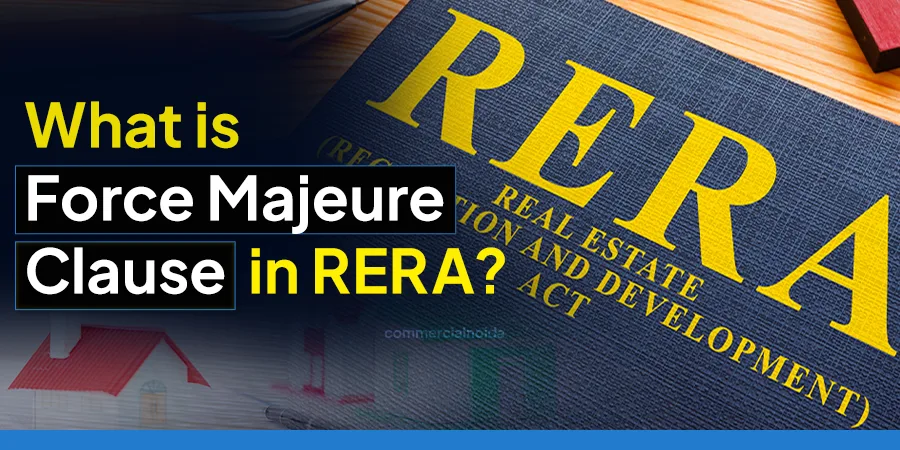





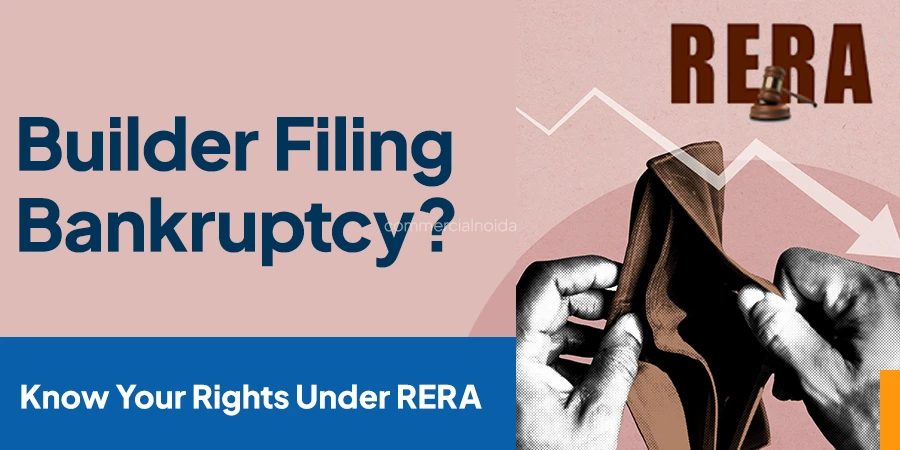
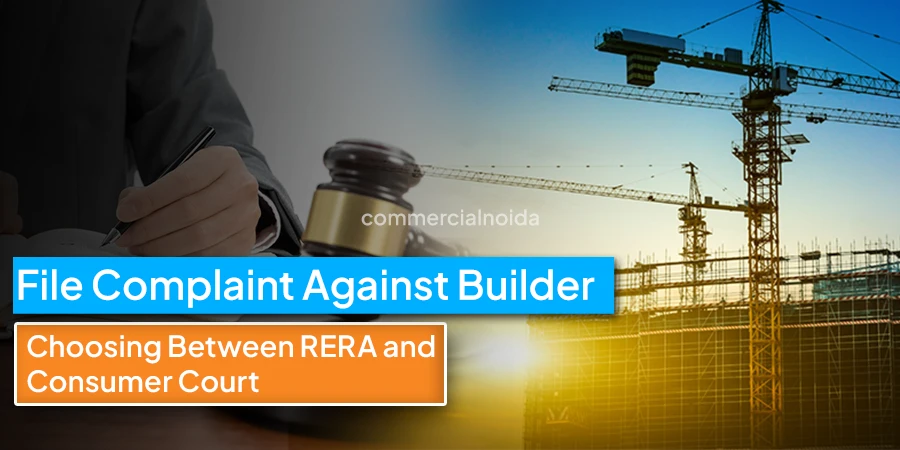



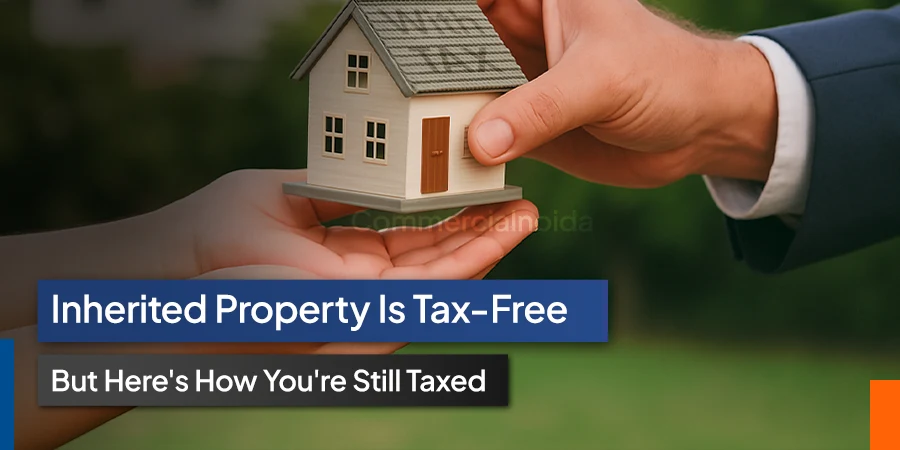

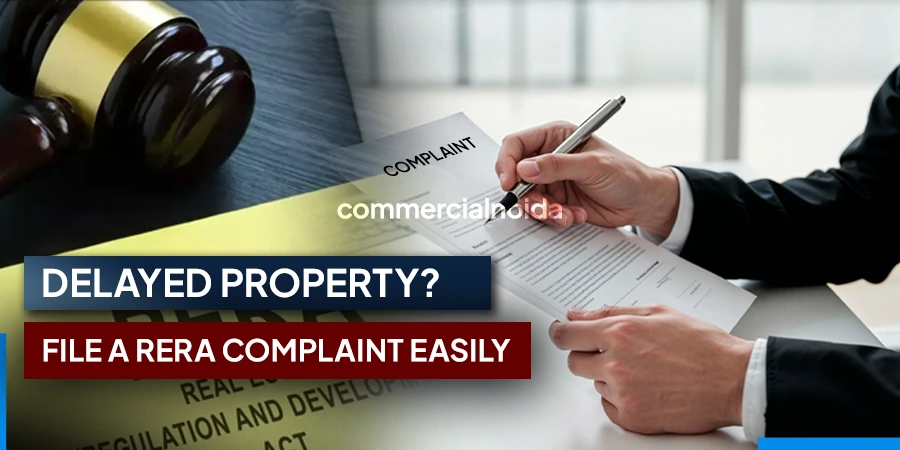






















































































































.webp)

































































































.webp)
















































































.webp)
































































































